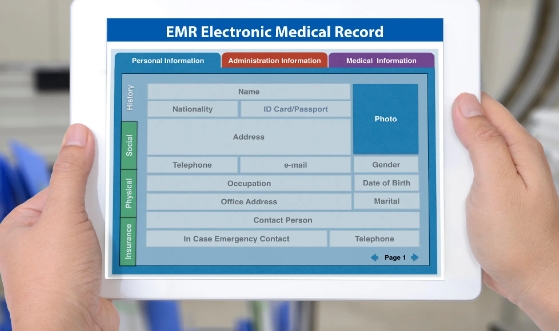The future of healthcare is being shaped by electronic medical record (EMR) systems. These systems are revolutionizing patient care in a variety of ways, making it easier for healthcare providers to access and share patient information.
Improved Efficiency and Accuracy
EMR systems streamline the process of documenting and accessing patient information. This leads to better coordination of care between different healthcare providers and reduces the risk of errors. With all patient information in one centralized system, providers can quickly access crucial information such as past medical history, medications, and allergies.
Enhanced Communication
EMR systems make it easier for healthcare providers to communicate with each other and with patients. Providers can securely share information and updates, eliminating the need for time-consuming phone calls and faxes. Patients can also access their own records and communicate with their providers online, leading to more personalized and efficient care.
Data Analysis and Quality Improvement
By collecting and analyzing data from EMR systems, healthcare providers can identify trends and patterns in patient care. This allows for continuous quality improvement and better outcomes for patients. EMR systems also make it easier for providers to track and monitor patients with chronic conditions, ensuring they receive appropriate and timely care.
Increased Patient Engagement
EMR systems empower patients to take a more active role in their healthcare. Patients can access their own records, schedule appointments, and communicate with their providers at their convenience. This increased engagement leads to better outcomes and satisfaction for patients.
Challenges and Opportunities
While EMR systems offer many benefits, they also present challenges such as privacy concerns and the potential for data breaches. Healthcare organizations must prioritize cybersecurity and ensure that patient information remains secure. Additionally, providers must be properly trained on how to use EMR systems effectively to maximize their benefits.
In conclusion, electronic medical record systems are revolutionizing patient care by improving efficiency, communication, data analysis, and patient engagement. As technology continues to advance, healthcare providers must embrace EMR systems to ensure better outcomes for their patients.

